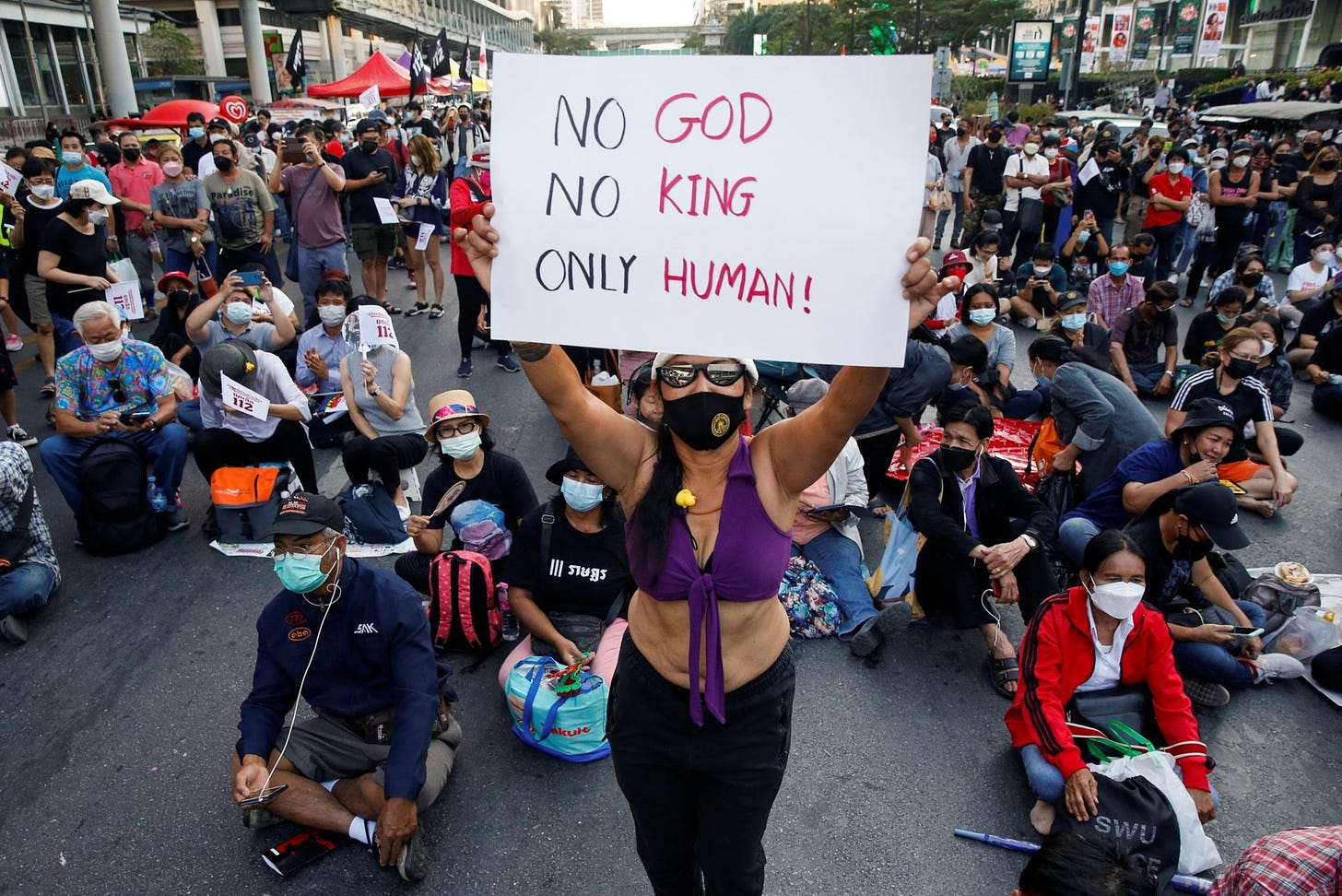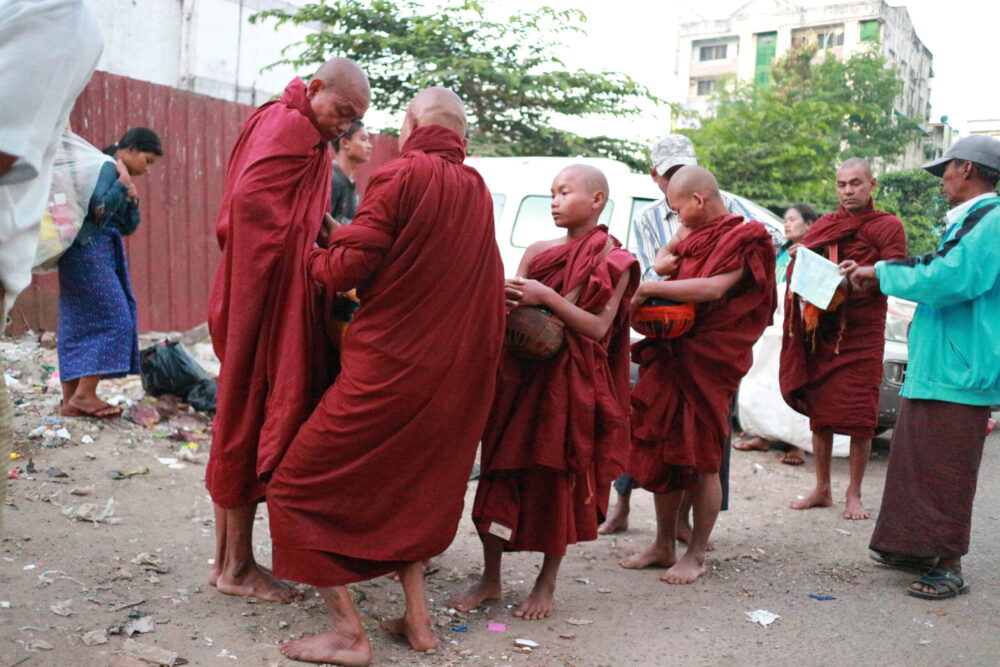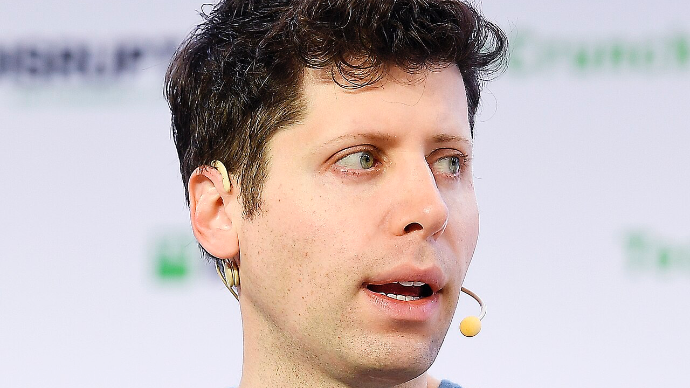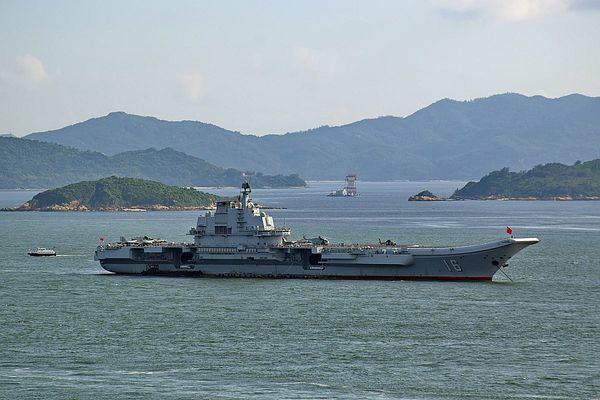[ad_1]

The political revolution kicked off by youthful Thai voters that gave the center-left Move Forward Party a powerful mandate to form a coalition government looks likely to be thwarted at the last minute, with the country’s electoral commission asking the Constitutional Court to disqualify the party’s leader, Pita Limjaroenrat, from office on what critics charge is a pretext to keep reactionary forces in power.
With a vote due tomorrow to name a new premier the request by the Electoral Commission was delivered by a special committee formed to investigate whether Pita was qualified to run for office. It is likely to be accepted by the court, which disqualified the leader of Move Forward’s predecessor, Thanathorn Juangroongruangkit and the Future Forward Party, two years ago, on a similar pretext. The issue is Pita’s ownership of shares in a media company, which is illegal under Thai law, which could not only disqualify him but send him to prison. But the shares, which were bequeathed to him by his grandfather, are in a company that is moribund.
“The Election Commission has considered the issue … and perceives that the status of Pita Limjaroenrat is considered to be voided, according to the Thai Constitution,” the poll body said in a statement, adding that it had concluded its probe and would submit its findings to the Constitutional Court for “further consideration.”
A major question is where this leaves his political allies, and whether they will continue to seek to run the country under another leader or banner such as Pheu Thai, the surrogate party of one-time Prime Minister Thaksin Shinawatra, which finished second in the number of votes with 141 to Move Forward’s 151 in the May election. Under Thailand’s rules, even if Pita is suspended as a member of parliament, he is still eligible to run for prime minister, but it is questionable if he would go ahead.
“Pita still 100 percent has the right to go to the vote for prime minister,” Move Forward’s secretary-general, Chaithawat Tulathon, told a news conference. “We want to send out a message to all these agencies not to forget the people’s mandate.”
There has been intensive speculation in Bangkok ever since the election on whether Thaksin’s forces would stage a bid for the premiership if Pita were to stumble. Thaksin, a master strategist who has managed to stay relevant in Thai politics despite 17 years of exile, is certain to have a contingency plan for the situation.
However, the expected furious reaction across the country could upend Pheu Thai’s chances and its strategy. The decision to deny the 42-year-old Pita’s bid to lead the country appears likely to set off a violent reaction, with demonstrations planned for at least five Thai cities. Tens of thousands of protesters have already thronged the streets of Bangkok, whose political atmosphere has changed considerably to favor ending the reign of the army-backed government whose leadership has resulted in economic stagnation and an education system in desperate need of reform. Some say it is considerably more attuned to change than it was in the years before when Red Shirts backing Thaksin battled it out on the streets with the royalist Yellow Shirts.
Move Forward’s base is strongly centered among the country’s young and educated, campaigning for increased social programs, legalization of same-sex marriage, the scrapping of military conscription, amending the country’s lèse-majesté laws, among the world’s strictest, scrutinizing the royal budget and decentralization of the government, all of which have unsettled the military, the elites and the royalty. The monarchy is headed by the 70-year-old Rama X, Maha Vajiralongkorn, who has long been regarded as unstable, and who has little sympathy for Move Forward’s plans. Pheu Thai, which has its own issues with the military and the royalty, has soft-pedaled its positions on some of the major issues.
The regime has been preparing for mass unrest, with police and military exercises in crowd control in cities across the country. Emotions are likely to boil over in a country that has seen the majority’s democratic aspirations denied since 2006, when the military kicked Thaksin out of power in a coup and which has used the courts and coups to rule most of the time since.
Public anger and aggravation have been building in the weeks since democratic forces overwhelmingly won the May 14 election but have faced a difficult task to take over the government in the face of a 2018 constitution rigged by the military to perpetuate itself in power.
“Protests are possible across Thailand through at least mid-July…as the political situation in the country remains uncertain,” according to the security risk and crisis management firm Crisis 24, if the military uses subterfuge to stay in power. “Authorities will likely impose heightened security measures, including deploying additional personnel at demonstration sites. Localized transport and business disruptions are possible near rallies, particularly if activists occupy nearby streets. Security personnel may try to disperse gatherings if they are disruptive. Clashes between protesters and police are possible.”
The 250-member Senate and the 500-member House of Representatives are to meet jointly Wednesday to name the government’s new leader. Prayuth Chan-oca, who has led the country for nine years of military rule since the 2014 coup, has resigned from office and announced his retirement, a signal that the military would find it almost impossible to put together a minority coalition to run the country despite having rigged the constitution in the military’s favor in 2018.
There are international implications as well. Thailand has become a key actor in the fulcrum of power between western forces led by the United States in competition with China. The military government has dismayed the west by giving increasing support to its fellow junta in Myanmar which is carrying on a cruel and bloody civil war against its own democratic forces since a February 2021 coup. The Thai junta has also repeatedly sent back political refugees from China’s beleaguered Uyghur minority and is regarded as having tilted to China after decades of cold-war alignment with the US.
It’s uncertain which way Pita might turn. But he is a Harvard-educated businessman who in March tweeted his opposition to Russia’s invasion of Ukraine and has made comments against Thailand’s quiet support of the Myanmar junta. Whether he would be allowed to make a dramatic turn is uncertain, since it is the military that has held the real reins of power since the 1936 coup that ended the absolute monarchy.
[ad_2]
Source link




















